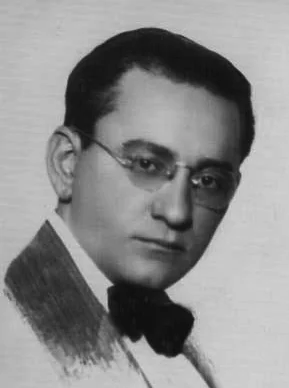Introducing "Let's Misbehave" by Irving Aaronson
Experience the vibrancy and vivacity of the Roaring Twenties with "Let's Misbehave", an iconic 1920s song brought to life by the incomparable Irving Aaronson. This song captures the audacious spirit of the era, its playful melody and cheeky lyrics encapsulating the rebellious flair that characterized this golden age of jazz and liberation.
The Cultural Impact of "Let's Misbehave"
As a cornerstone of the 1920s soundtrack, "Let's Misbehave" reflected and influenced the cultural shift of the era. The track's bold message of breaking free from societal norms resonated with a generation eager to challenge convention. This piece, in its own lively way, became an anthem for those who dared to defy the status quo and embrace the exhilarating freedom of the Jazz Age.
An Interesting Fact about "Let's Misbehave"
Here's a fascinating tidbit: Despite its popularity, "Let's Misbehave" was initially deemed too risqué for Broadway and was cut from the original 1928 production of "Paris". However, its cultural impact and popularity persisted, and it was later restored in subsequent productions, cementing its place in music history.
Cover Versions of "Let's Misbehave"
This classic track has been reimagined by a myriad of artists over the decades. From Ella Fitzgerald's sultry rendition to Elvis Costello's rock-infused interpretation, these cover versions have kept the spirit of "Let's Misbehave" alive, demonstrating the timeless appeal of Irving Aaronson's work. Each rendition offers a fresh take on the original, showcasing the track's versatility across different music genres.
Why "Let's Misbehave" is Still Relevant Today
Even nearly a century later, the allure of "Let's Misbehave" endures. Its message of joyous rebellion and uninhibited self-expression continues to resonate with contemporary audiences. The song is a testament to the enduring power of music to capture and convey the zeitgeist of an era, and its legacy lives on, reminding us of a time when society dared to misbehave and forever changed the course of cultural history.

Comments (0)